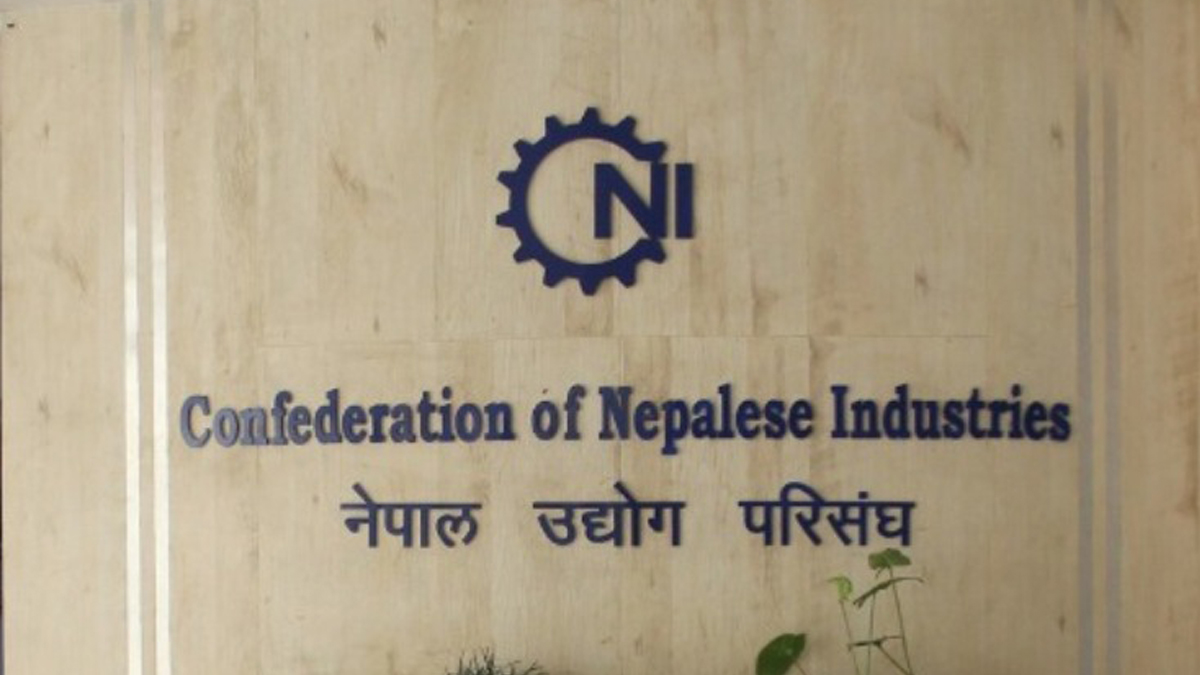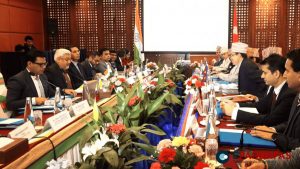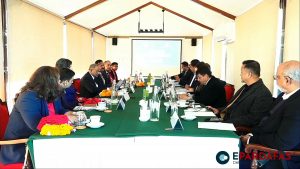
CNI suggests IMF not to influence Nepal’s policy making

The Confederation of Nepalese Industries (CNI) has suggested the International Monetary Fund (IMF) to not exert influence on Nepal’s policy making.
CNI furnished such suggestion to the international financial body during a discussion held on Nepal’s economy and measures to adopt for its reform. The discussion was held at CNI secretariat.
On the occasion, CNI Chairman Rajesh Kumar Agrawal urged IMF not to impose unnecessary ruling on government’s policy and direction. Nepali economy has its own features, he said, reminding it that all principles or any practices abroad could not be replicated identically in Nepal.
According to him, only increase in interest rate to control price hike is not a proper measure. However, import of petroleum products and other goods results in price hike, he viewed.
In case of normal demand of goods, interest rate does not count, but when industry is operated down at 30 percent of its capacity, it evidently impacts.
Moreover, Chairman Agrawal claimed that country’s economy was facing problems due to the policy the government adopted to increase interest rate while containing inflation and decreasing demand. Although loan was misused to some extent for lack of oversight following the COVID-19, the regulatory body adopted the policy in haste rather than in a gradual manner, he blamed.
Moreover, Agrawal further viewed Nepal Rastra Bank’s policy and direction were only favourable to banks. It was agreed between NRB and IMF on restructuring of loan for addressing liquidity, but the NRB’s recent policy is against it.
In a press statement, CNI further viewed even the IMF representative agreed the NRB’s recent policy.
IMF’s mission chief Tidiane Kinda, Country Representative in Nepal, Teresa Daban Sanchez and others held the discussion with CNI.










Comments